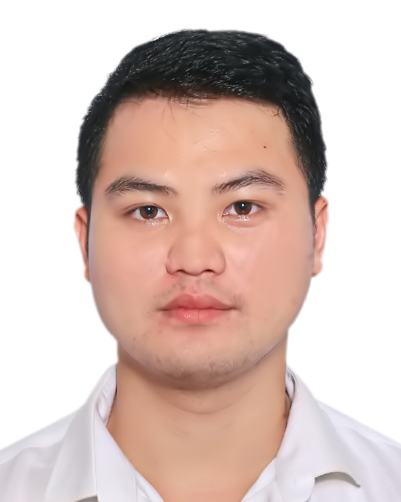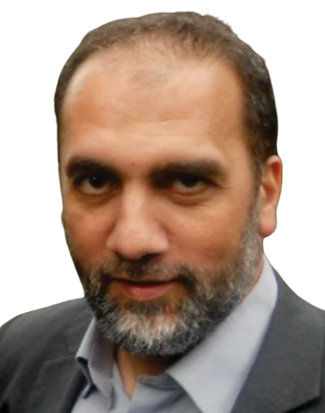 Dr. Le Trung Thanh, University of Orléans,
France
Dr. Le Trung Thanh, University of Orléans,
FranceBiography: Le Trung Thanh received the B.Sc. and M.Sc. degrees in Electronics and Communications from the VNU University of Engineering and Technology, Hanoi, Vietnam in 2016 and 2018 respectively, and the Ph.D. degree in Signal Processing from the University of Orleans, INSA CVL, PRISME, France in 2022. He is currently a postdoctoral researcher at the University of Orleans, France. His research interests include signal processing, subspace tracking, tensor analysis, and system identification. |
 Prof. Karim Abed-Meraim, University of Orléans,
France
Prof. Karim Abed-Meraim, University of Orléans,
FranceBiography: Karim Abed-Meraim (Fellow, IEEE) was born in 1967. He received the State Engineering Degree from the École Polytechnique, Palaiseau, France, in 1990, the State Engineering Degree from the École Nationale Supérieure des Télécommunications (ENST), Paris, France, in 1992, the M.Sc. degree from Paris XI University, Orsay, France, in 1992, and the Ph.D. degree in the field of signal processing and communications from ENST, in 1995. From 1995 to 1998, he was a Research Staff with the Electrical Engineering Department, The University of Melbourne, where he worked on several research projects related to "Blind System Identification for Wireless Communications", "Blind Source Separation," and "Array Processing for Communications". From 1998 to 2012, he has been an Assistant Professor, then an Associate Professor with the Signal and Image Processing Department, Télécom ParisTech. In September 2012, he joined the University of Orléans, France (PRISME Laboratory), as a Full Professor. His research interests include signal processing for communications, adaptive filtering and tracking, array processing, and statistical performance analysis. He is the author of about 500 scientific publications, including book chapters, international journal and conference papers, and patents. Dr. Abed-Meraim is currently a member of the IEEE SAM-TC and a Senior Area Editor of the IEEE Transactions on Signal Processing. |